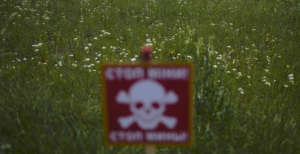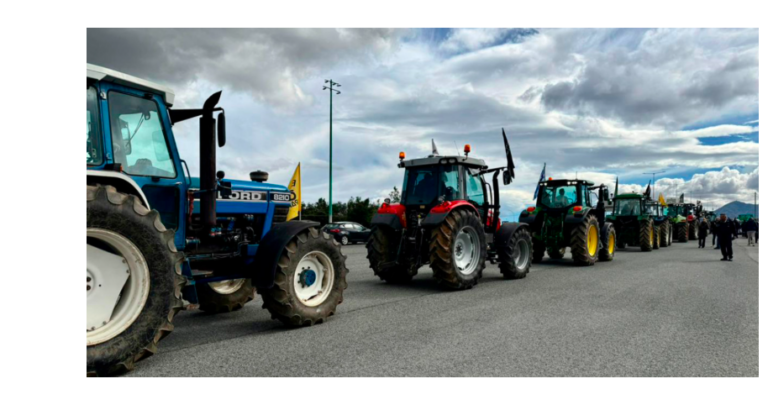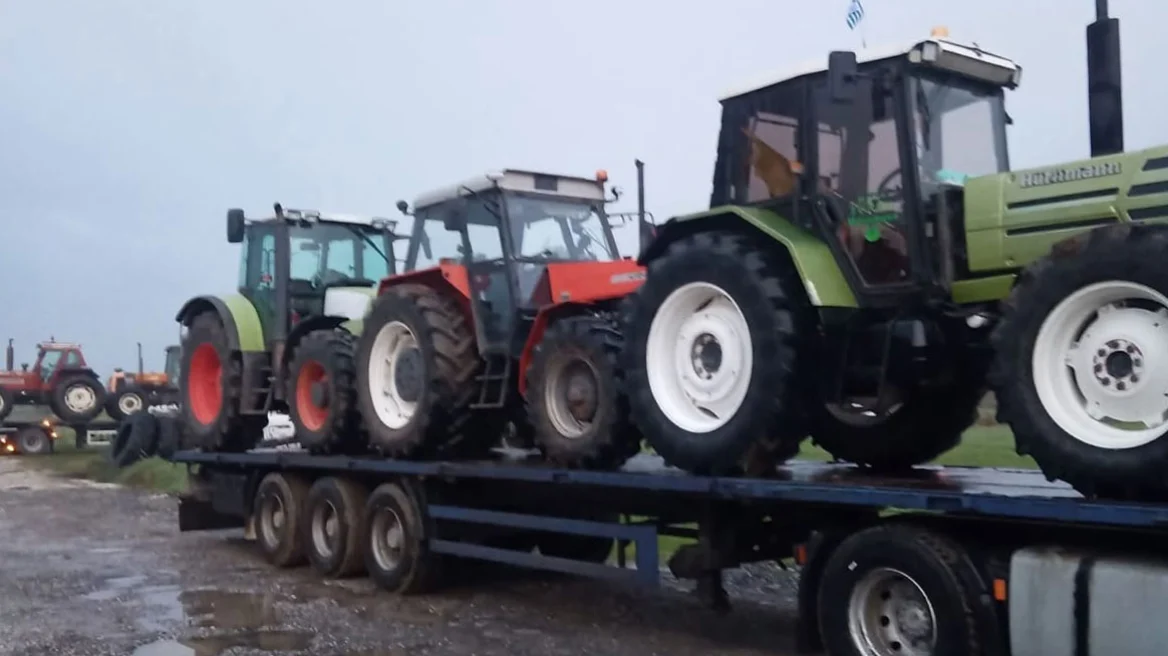When Ukraine recaptured Kherson in November, Andrii Povod returned to find his grain farm in ruins. Two tractors were missing, most of the wheat was gone and all 11 buildings used to store crops and machinery had been bombed and burned.
The farm bears the scars of Russian shelling and unexploded ordnance riddles the fields but it’s the less visible damage to Ukraine’s famously fertile soil after a year of war that could be the hardest to repair.
Scientists looking at soil samples taken from the recaptured Kharkiv region in northeastern Ukraine found that high concentrations of toxins such as mercury and arsenic from munitions and fuel are polluting the ground.
PM Mitsotakis said a cross-party committee would investigate the train crash causes
Using the samples and satellite imagery, scientists at Ukraine’s Institute for Soil Science and Agrochemistry Research estimated that the war has degraded at least 10.5 million hectares of agricultural land across Ukraine so far, according to the research shared with Reuters.
Read more: Reuters
Ask me anything
Explore related questions





